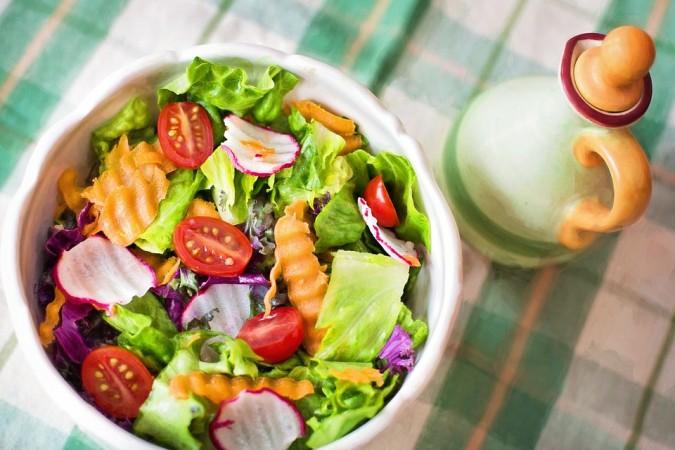
Opting for a vegetarian diet seems to be the best thing for you to do if you have high cholesterol, according to a recent study.
ALSO READ: Vaginal atrophy: What happens when women don't have sex
A latest study carried out by the Keio University in Fujisawa found how vegetarian food aids people with high cholesterol levels.
Here are 7 things to know about the meta-analysis:
1. According to the latest finding, vegetarian diet is linked with 29.2 milligrams lesser cholesterol per decilitre. The cholesterol levels for non-vegetarians will deplete up to 12.5 milligrams per decilitre.
2. Consuming more green veggies is recommended by the researchers as it can act as a defensive method and keeps the heart ailments at bay.
3. Researchers aim at alerting people to be careful about the diet they follow.
4. High cholesterol results in blocked arteries which lead to heart stroke, high blood pressure, heart and vascular diseases and even diabetes. Hence, people following plant-based diet are said to have a better health composition.
"Those [individuals] who have followed vegetarian dietary patterns for longer periods may have healthier body compositions as well as better adherence to a vegetarian diet, both of which may have an effect on blood lipids", researchers wrote in the paper published in Medical News Today.
5. This research analysed controlled trials and studies that assessed the impact of vegetarian diet for at least four weeks. Around 50 studies were surveyed by the researchers and concluded that vegetarian diet is really beneficial for lowering the cholesterol levels.
"To make any form of health care work and to truly power economic mobility, we have to get healthy,' said co-author Susan Levin, director of nutrition education at the Physicians Committee for Responsible Medicine in Washington, D.C.
6. There are two types of cholesterol -- good cholesterol or high-density lipoprotein (HDL) and bad cholesterol or low-density lipoprotein (LDL). HDL is known to play a crucial role by helping in removing the cholesterol away from the body. LDL on the other hand accumulates on the lining of the artery and ends up blocking it resulting in heart stokes and ailments.
7. According to Dr Levin, one should take extra care about the nutrition intake at an early stage of life.
"It's easier to maintain optimal health than it is to change your diet at age 60 or 75, although, to be clear, it's never too late to make healthful lifestyle changes," Dr Levin said.
"The first place to start is by building meals around nutrient-packed, plant-based foods, which fit into nearly every cultural template, taste preference, and budget," she added as quoted by Medical News Today.

















